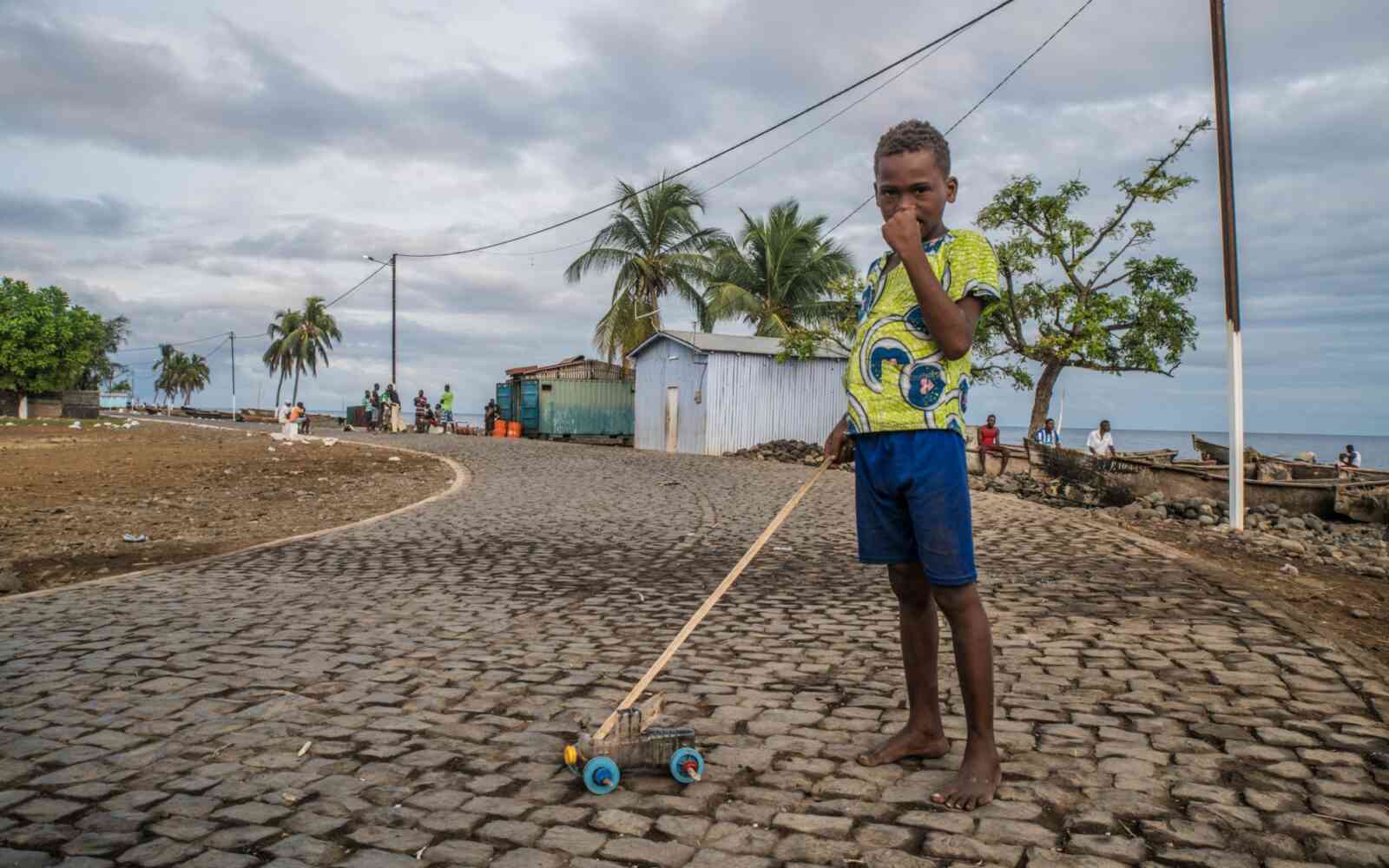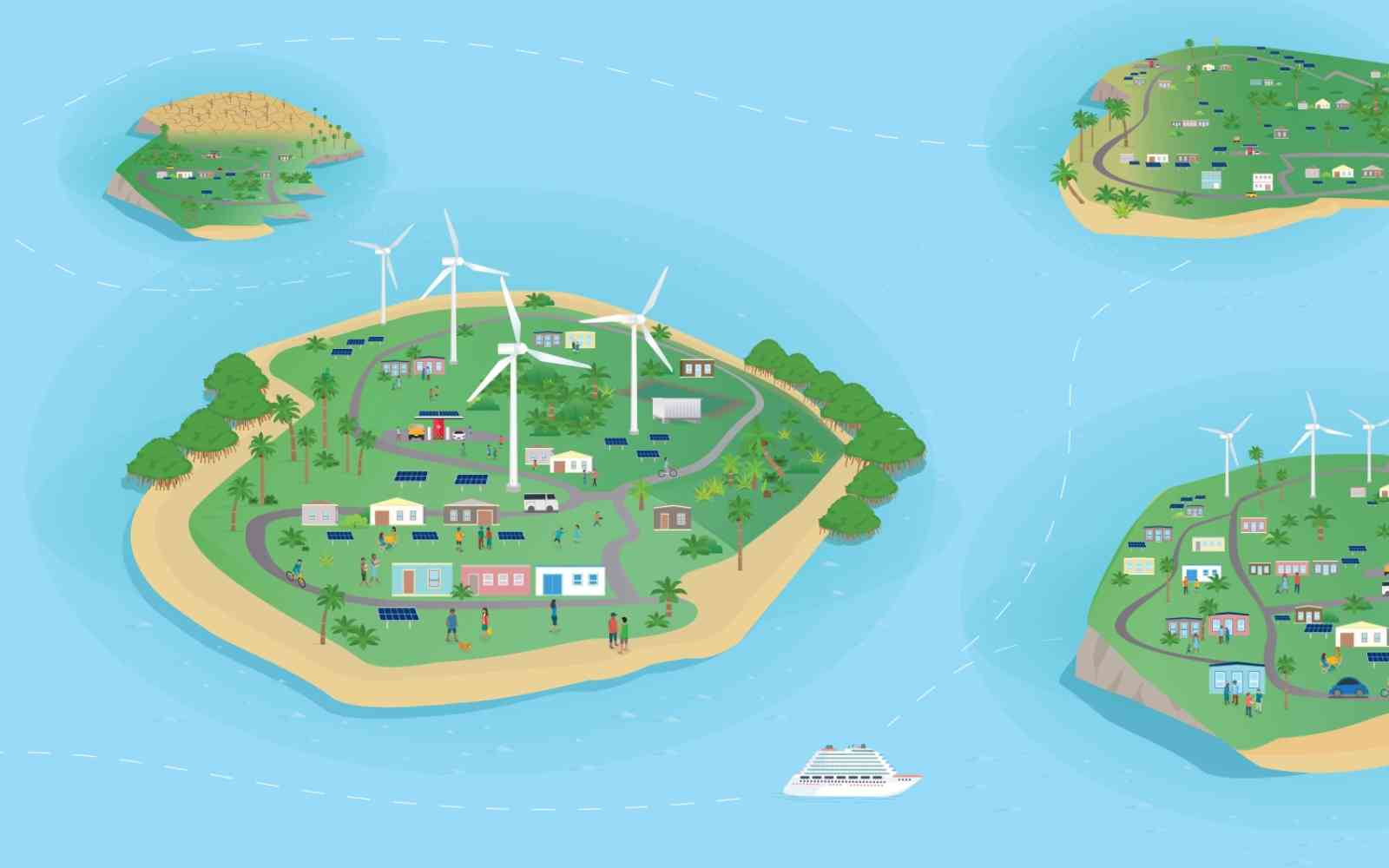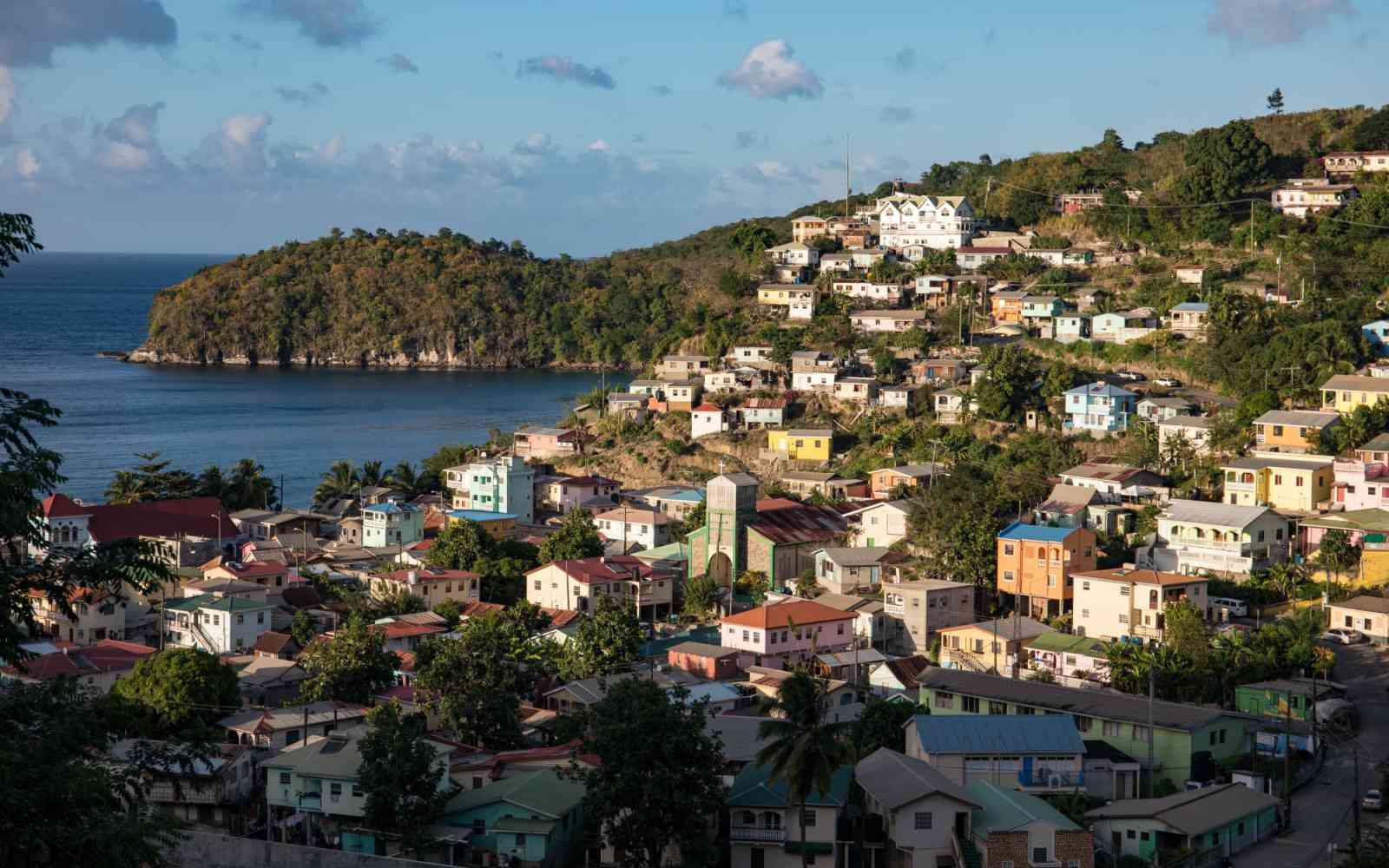The United Nations Office for Project Services (UNOPS)
Making the Bridgetown Initiative work for Small Island Developing States through the Multidimensional Vulnerability Index
Opening statement by Jorge Moreira da Silva, UN Under-Secretary-General and UNOPS Executive Director, to the climate session of the Summit For a New Global Financing Pact in Paris.
[Check against delivery]
Prime Minister Gonsalves,
Excellencies,
Colleagues, friends,
It is a pleasure to be here with you all today.
This is an extremely important conversation, built on the key understanding that, while all countries are vulnerable to our world’s many crises and shocks - our vulnerabilities are very different and with much different consequences on people, economies and the environment.
For the Small Island Developing States, climate change and debt represent two key issues- both of which are getting more interconnected - and more intense - in our current circumstances.
The unique development challenges of SIDS - which make them highly vulnerable to shocks and crises - are well- understood by all of us here. And the progress on both the Multidimensional Vulnerability Index (MVI), and the Bridgetown Initiative are truly welcome in this regard.
Around this panel - there is a wealth of insight on how the international community should go about reforming the current climate and development finance structures.
So allow me to focus on the question of implementation. How do we translate conversations to action on the ground? Specifically, how can we work better together to deliver climate change mitigation and adaptation efforts - if and when the funding is in place - to achieve high quality results? The volume and the quality of public spending - meaning the actual implementation of the initiative the money is for - are equally important for SIDS and for all developing countries to build resilience in the time we still have.
As the Executive Director of UNOPS - this is a topic that is close to my heart. UNOPS has a focus on implementation. Our role is to work in partnerships to expand implementation capacity to help people in need and support countries in accelerating achievement of the SDGs. And we do this mainly through our capacity in procurement, infrastructure, and project and programme implementation. Most of this work takes place in fragile and conflict affected contexts - so we are no stranger to complicated contexts.
In the context of the SIDS, UNOPS has over the years worked hard to help our partners deliver on sustainable development. This includes supporting better access to renewable energy, water and waste management, marine protection, and health procurement. We work with governments to strengthen national long-term infrastructure planning, and in the wake of the pandemic, we supported SIDS partners in their efforts to respond and recover.
And in a world best by multiple - and overlapping - challenges, we stand ready to support SIDS in all of our areas of expertise.
Based on our experience in the region, I want to highlight a couple of points:
As we talk about debt restructuring processes, I want to highlight infrastructure’s role in promoting sustainable development in SIDS. Infrastructure’s role in climate change adaptation is key to a resilient future for SIDS and deserves far more attention than it currently receives.
Infrastructure is vital to the SIDS’ battle for survival, as rising sea levels and extreme weather devastate these nations time after time. Get infrastructure right, and SIDS can withstand these environmental challenges and reap the development benefits in the long term. Continue to ignore the need for sustainable, resilient, and inclusive infrastructure, and the future could be very bleak.
Here, UNOPS stands ready to offer our infrastructure expertise to our SIDS partners and the communities we serve. Let me provide some examples of this work that we can build on:
In Saint Lucia & Curaçao, we work together with governments and other partners to improve national capacity for long-term infrastructure planning and decision-making, and support the development of resilient infrastructure, while reinforcing evidence-based decision making for investments.
Strengthening energy systems - and facilitating energy transition- is another key strand of this work. In Papua New Guinea, for example, UNOPS technical expertise is helping introduce local mini-grids using solar and hydropower hybrid systems for hard-to-reach communities across five provinces.
We also know that digital connectivity remains a severe challenge for many, particularly those in remote or isolated communities. And we work with our partners to close this gap. As part of the Smart Islands initiative, we work with a number of other UN agencies to support efforts to provide affordable and sustainable access to digital services in the North and South Pacific. This will have an impact across the SDGs, from improved health and education, to increasing resilience, improving income opportunities and more effective disaster risk reduction.
These are just some examples. But we want to do more.
Allow me to also briefly discuss the challenges and opportunities that SIDS face - in terms of procurement. We know that poor connectivity of people and freight impacts international trade and productivity. These issues limit the ability of SIDS to become a significant part of the global supply chain. The pandemic highlighted these vulnerabilities, and their impact on lives and livelihoods across SIDS.
We stood by the SIDS during the pandemic, to deliver emergency procurement to strengthen health systems. And we remain committed to supporting our SIDS partners to ensure transparent, sustainable and resilient procurement models that can strengthen supply chains, empower institutions and be a catalyst for sustainable and inclusive development.
Importantly, together, we look beyond SIDS vulnerabilities and identify opportunities to transition to blue economies, ensuring better stewardship of ocean resources by linking sustainable use and economic growth.
In conclusion - UNOPS supports the efforts to bring together the resources to address climate change and biodiversity, and deliver on the SDGs. We remain focused on action on the ground - and are ready to support SIDS governments to deliver on national and international development goals.
Thank you.












